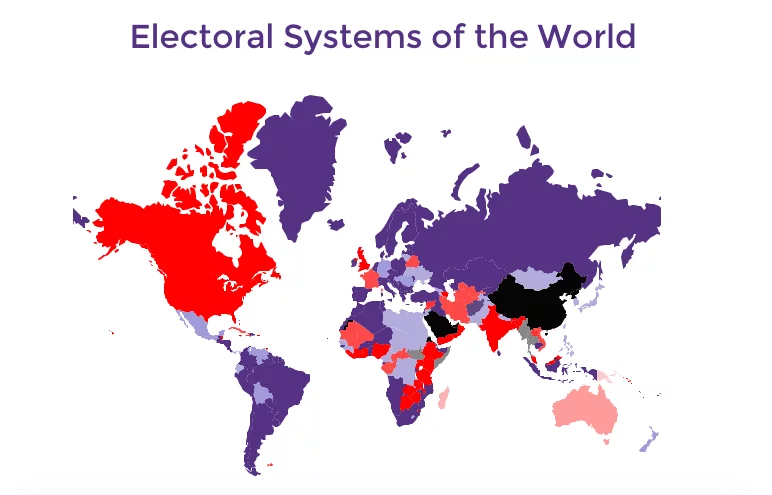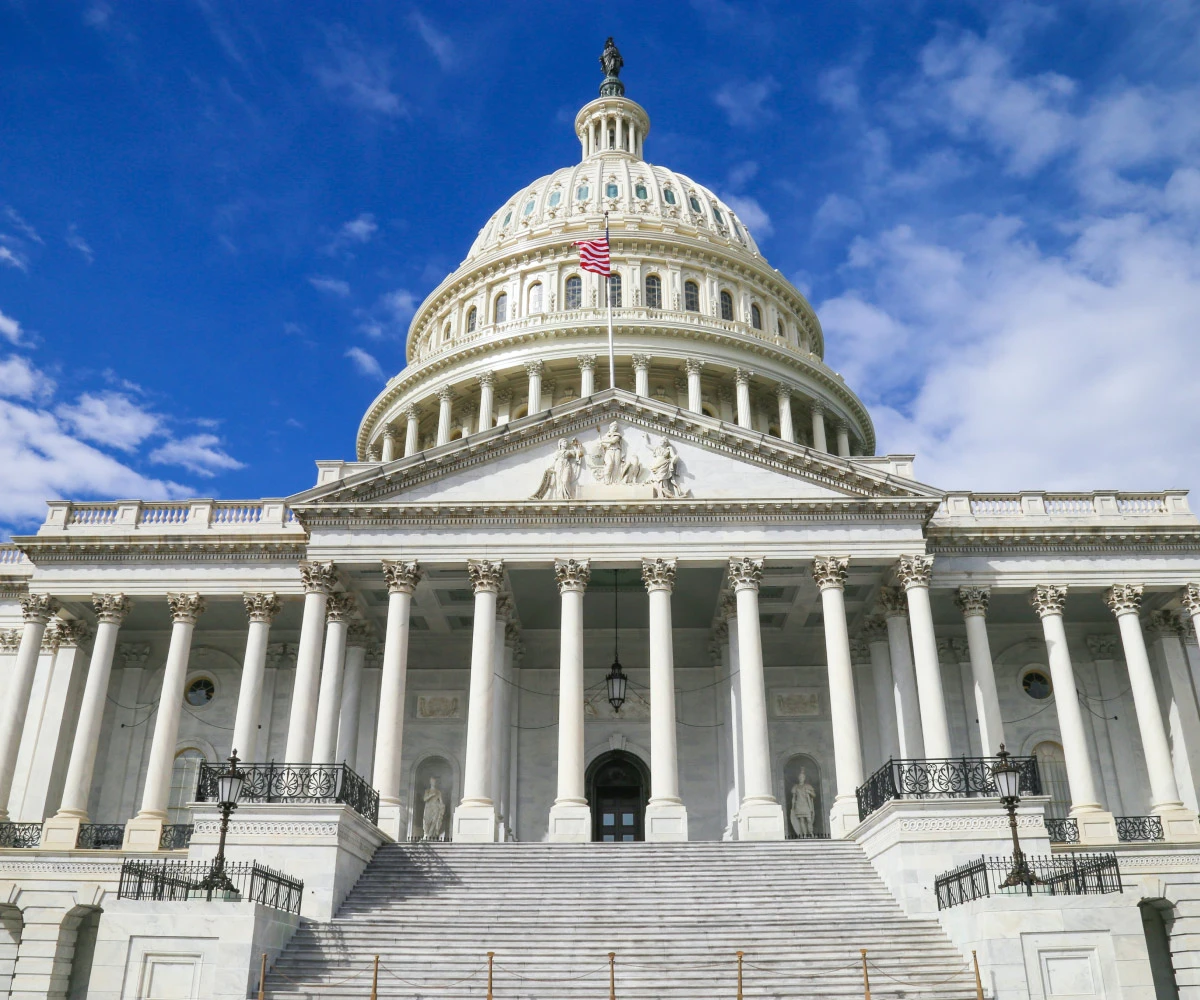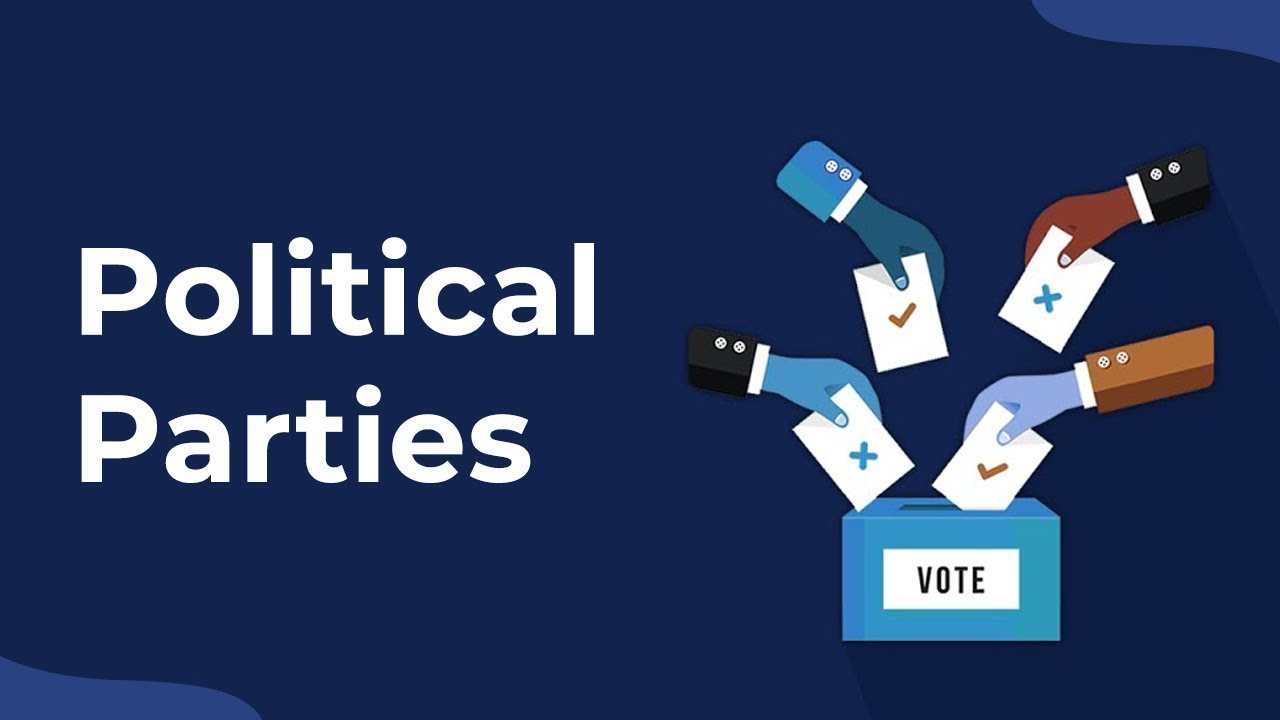Term Limits Impact on Political Representation
Learn how term limits affect political representation. Discover the impact of term limits on government and democracy

The Impact of Term Limits on Political Representation
In the ever-evolving landscape of democratic governance, the concept of term limits has gained prominence as a mechanism to ensure accountability, foster political competition, and maintain the vitality of political representation. Term limits restrict the number of times an individual can hold a particular office, preventing politicians from becoming entrenched in power. While the implementation of term limits varies from one country to another, their impact on political representation is a topic of significant debate. In this blog, we will delve into the concept of term limits and explore their profound effects on political representation.
Understanding Term Limits
Term limits, at their core, are restrictions on the number of terms or years a person can serve in a particular political office. These limits can apply to various levels of government, from local councils to national legislatures and executive positions, such as the presidency. The primary purpose of term limits is to mitigate the potential negative consequences of long-term incumbency and ensure a more dynamic political landscape.
The Rationale Behind Term Limits
Preventing Entrenched Incumbency: Without term limits, politicians can accumulate significant power and influence over time, potentially leading to complacency and a disconnect from the needs and aspirations of their constituents. Term limits aim to prevent this by promoting turnover in office and encouraging fresh perspectives.
Encouraging New Talent: Term limits create opportunities for new, often more diverse, candidates to enter the political arena. This injection of fresh faces and ideas can revitalize the political landscape and better represent the evolving demographics and interests of the electorate.
Fostering Accountability: Elected officials who know they have a finite amount of time in office are more likely to prioritize the interests of their constituents over their own political careers. Term limits can encourage accountability and discourage corrupt or self-serving behavior.
Enhancing Competition: With term limits in place, more seats become open in each election cycle, leading to increased competition. This heightened competition can result in better candidates, as politicians must continually prove their worth to voters.
Impact on Political Representation
Diversity and Inclusivity: One of the most significant impacts of term limits on political representation is the increased diversity of voices in government. Fresh elections with open seats create opportunities for candidates from various backgrounds, genders, and ethnicities to run for office. This diversity can lead to a more inclusive and representative government that better reflects the population it serves.
Responsiveness to Public Opinion: Term-limited politicians are often more attuned to the changing preferences and concerns of their constituents. They are less likely to become disconnected from the everyday issues faced by the public and are more motivated to address these issues effectively to secure their legacy.
Reduced Corruption: Term limits can help reduce the risk of political corruption and the abuse of power. When politicians know their time in office is limited, they are less inclined to engage in unethical practices for personal gain, as their future political prospects depend on their reputation.
Challenges of Inexperience: On the flip side, term limits may result in a lack of experienced legislators or executives in government. Newcomers may take time to learn the ropes and develop effective policies, potentially leading to less experienced decision-making.
Potential for Career Politicians: Some argue that term limits can create a "revolving door" effect, where politicians simply move from one elected position to another once they reach their term limit. This could undermine the intended goal of preventing long-term incumbency.
The Effectiveness of Term Limits
The effectiveness of term limits in achieving their intended goals varies from one country to another and depends on the specific details of their implementation. Let's explore some of the factors that influence their impact on political representation:
Duration of Terms: The length of term limits can significantly affect their impact. Shorter term limits, such as two terms, may lead to more frequent turnover and faster responsiveness to changing public opinion. Conversely, longer term limits, like three or more terms, may still result in some level of entrenched incumbency.
Type of Office: The impact of term limits can differ based on the office in question. In executive positions, like the presidency, term limits may be more effective in preventing the consolidation of power. In legislative bodies, where members often serve shorter terms, term limits may have a less pronounced effect on political representation.
Transparency and Accountability Measures: The presence of strong transparency and accountability measures can complement the effects of term limits. For example, campaign finance reform and ethics regulations can help ensure that new candidates have a fair chance to compete and that incumbents do not exploit their positions for personal gain.
Public Awareness and Engagement: Term limits are most effective when the electorate is informed and engaged. Voters must actively participate in the democratic process, stay informed about candidates, and hold their elected officials accountable through regular elections.
Revolving Door Regulations: To mitigate the potential "revolving door" effect, some jurisdictions impose cooling-off periods, preventing politicians from immediately running for another office after reaching their term limit. These regulations can reduce the risk of career politicians simply switching seats.
Evaluation and Adaptation: It's crucial to periodically evaluate the impact of term limits on political representation and be open to adaptation. If term limits are not achieving their intended goals or are causing unforeseen issues, policymakers should be willing to make adjustments.
Alternatives and Complementary Measures
While term limits can be an effective tool for enhancing political representation, they are not a one-size-fits-all solution. There are alternative and complementary measures that can also foster a more representative democracy:
Campaign Finance Reform: Addressing the influence of money in politics can level the playing field for candidates, reducing the advantage of incumbency.
Ranked-Choice Voting: This voting system allows voters to rank candidates in order of preference, eliminating the "spoiler effect" and encouraging more diverse candidates to run.
Citizen Initiatives and Referendums: Allowing citizens to propose and vote on legislation directly can bypass the influence of entrenched politicians and promote policies that better reflect the public's desires.
Civic Education: Educating the public about the importance of participating in elections, understanding candidates' platforms, and holding elected officials accountable can empower voters to make informed choices.
Independent Redistricting Commissions: Taking the power of redistricting away from politicians can help combat gerrymandering and create more competitive elections.
Term limits are a vital component of the democratic toolbox, with the potential to enhance political representation by preventing the consolidation of power and encouraging fresh perspectives. However, their effectiveness depends on various factors, including their duration, the type of office, and the presence of complementary measures. It's crucial to recognize that term limits alone cannot solve all the challenges of political representation, and a comprehensive approach that includes campaign finance reform, electoral system improvements, and civic engagement is essential to achieving a more representative democracy. As societies evolve, the debate about the role and impact of term limits will undoubtedly continue to shape the future of political representation
What's Your Reaction?
















